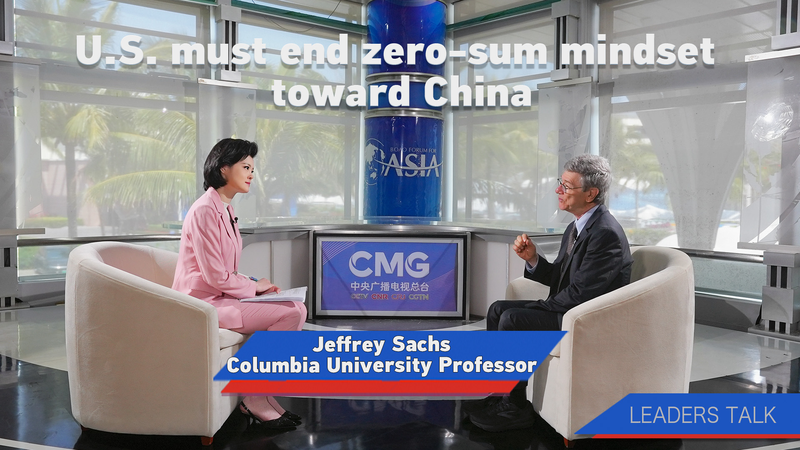A 1990s Mindset in 2024
On Leaders Talk, Columbia University professor Jeffrey Sachs traced America's global dominance mindset back to the 1990s, arguing that viewing international relations as a zero-sum game has led to repeated policy missteps. He challenged viewers to rethink long-held assumptions, asking what if the U.S. saw China not as an adversary but as a model and partner.
From Competition to Collaboration
Sachs pointed out that protectionist measures and trade barriers might offer short-term gains, but they risk stifling innovation and undermining competitiveness over time. By framing China's rise as a success story, he believes the U.S. could open doors to dialogue on climate, technology and global health.
A Call to Global Citizens
For young entrepreneurs, tech enthusiasts and thought leaders, Sachs's message is clear: embrace cooperation across borders. In an era marked by rapid change and shared challenges, forging partnerships rather than erecting barriers could drive the next wave of breakthroughs-whether in renewable energy, digital infrastructure or public health.
What's Next?
As the world watches, the U.S. faces a choice: maintain an outdated zero-sum approach or pioneer a new era of mutual growth. Sachs's vision reminds us that in an interconnected world, collaboration may be the best strategy for both innovation and stability.
Reference(s):
cgtn.com




